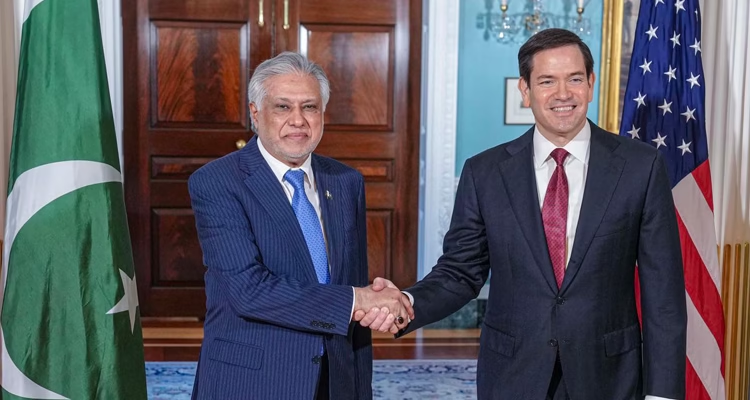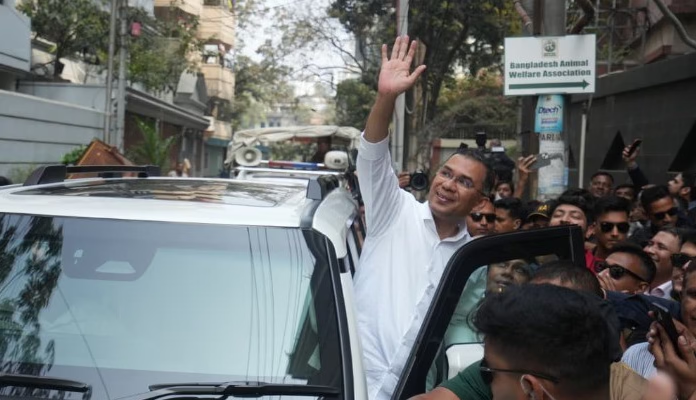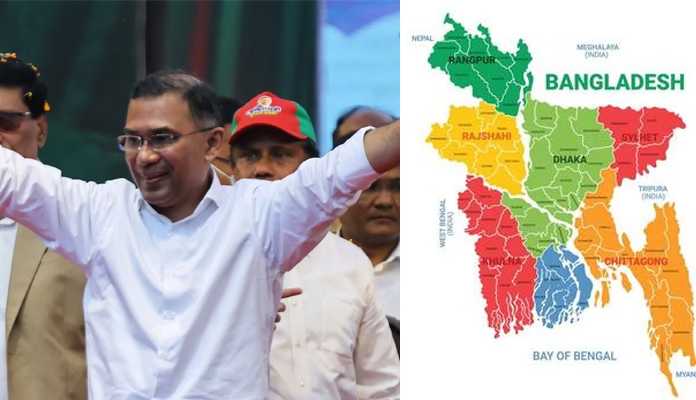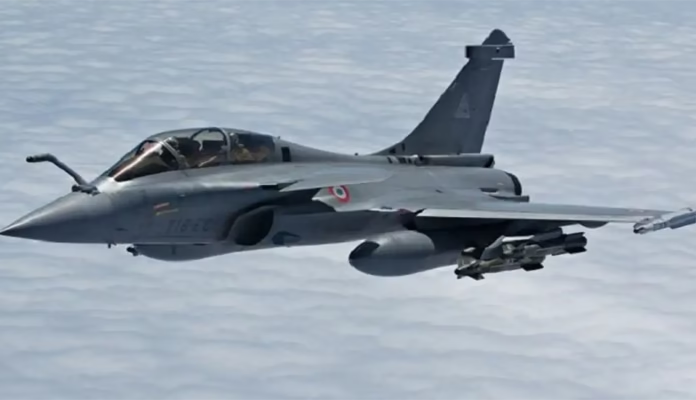
Marco Rubio’s Statement Sparks Debate
News Desk: In a dramatic diplomatic twist, the United States has simultaneously blacklisted The Resistance Front (TRF) as a global terrorist organization and hailed Pakistan as a key partner in counter-terrorism efforts—raising eyebrows across the geopolitical spectrum.
Just days after officially tagging TRF—a known proxy of Lashkar-e-Taiba and accused in the brutal Pahalgam massacre—as a Foreign Terrorist Organization, U.S. Secretary of State Marco Rubio publicly lauded Pakistan for its “cooperation in fighting terrorism and preserving regional stability.”
Rubio’s post on X (formerly Twitter) took many by surprise. “The U.S. values its partnership with Pakistan in our shared fight against terrorism. Together, we aim to build a safer region,” he wrote, following a meeting with Pakistan’s Foreign Minister Ishaq Dar in Washington.
Met with Pakistani Deputy Prime Minister and Foreign Minister @MIshaqDar50 today to discuss expanding bilateral trade and enhancing collaboration in the critical minerals sector. I also thanked him for Pakistan’s partnership in countering terrorism and preserving regional… pic.twitter.com/QZB9RZwIA8
— Secretary Marco Rubio (@SecRubio) July 25, 2025
This praise comes at a time when global pressure is mounting on Pakistan to dismantle terror infrastructure operating from its soil. The TRF, a shadow outfit widely believed to be floated by Lashkar-e-Taiba to escape scrutiny, has been involved in multiple attacks in Jammu & Kashmir, including the recent killing of 26 civilians in Pahalgam—the deadliest strike in the region in over a decade.
India has long accused Pakistan of providing safe haven to terror groups targeting Indian interests. The U.S. move to designate TRF was seen as a strategic win for New Delhi. However, Washington’s warm tone toward Islamabad just days later has left many questioning whether counter-terror policy is being diluted by diplomatic balancing.
Initially, Pakistan had pushed back against the TRF designation, casting doubt on its involvement in the Kashmir attack. But facing global scrutiny, it quickly shifted gears and accepted the U.S. action without objection—a rare climbdown that signals Islamabad’s fragile position.
While India welcomed the TRF ban as a validation of its stand on cross-border terrorism, the U.S.’s two-faced messaging has reignited debate over Washington’s long-standing tightrope walk between countering terror and maintaining strategic ties with Pakistan.
The episode has added a new layer of complexity to South Asia’s already tense security landscape, where terror designations, strategic praise, and political optics often collide.
As the region braces for future flashpoints, one thing is clear: in the world of global diplomacy, the lines between friend, foe, and facilitator remain as blurred as ever.




